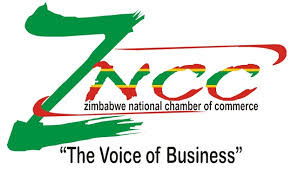Zimbabwe National Chamber of Commerce (ZNCC) Bulawayo chapter has welcomed the government’s ZWL$18 billion economic stimulus package to cushion companies against the effects of COVID-19-induced lockdown, which affected productivity by corporates.
“We appreciate the move by government in taking economic stimulus,” ZNCC Bulawayo chapter chairperson, Brighton Ncube, told CITE.
“The precedent had been set in other countries and it was now long overdue for Zimbabwe to follow suit. If the funds are allocated fairly upon a transparent assessment of deserving cases, then we can safely say there will be some relief to companies though on a smaller scale.”
Ncube however said more still needed to be done to ensure businesses fully recover from the aftermath of COVID-19.
“The regulatory environment needs to be relaxed,” he proposed.
“Tax holidays must be granted to businesses. Utility tariffs must be reduced to allow deployment of scarce financial resources to production. Whilst government gazetted a rental payment moratorium, it only addresses the residential premises. This moratorium should be extended to commercial premises.”
Businesses in Bulawayo, Ncube said, continue to face a myriad of challenges related to the COVID-19 pandemic.
“The continued lockdown means movement of people is still restricted and thus customer volumes are reduced and that affects business,” he bemoaned.
“The closure of borders also means the flow of critical raw materials and other essential goods that businesses use is severely constrained.”
President Emmerson Mnangagwa who has been reviewing lockdown conditions since Zimbabwe entered into the shutdown on March 30, last week said he would continue to review conditions on a fortnight basis.
Once the country’ industrial hub, Bulawayo has witnessed a massive closure of companies which threw many onto the streets of the second largest city.
Critical water shortages, which have forced the Bulawayo City Council (BCC) to increase water shedding in residential areas to five days per week is also threatening future industrial viability.

